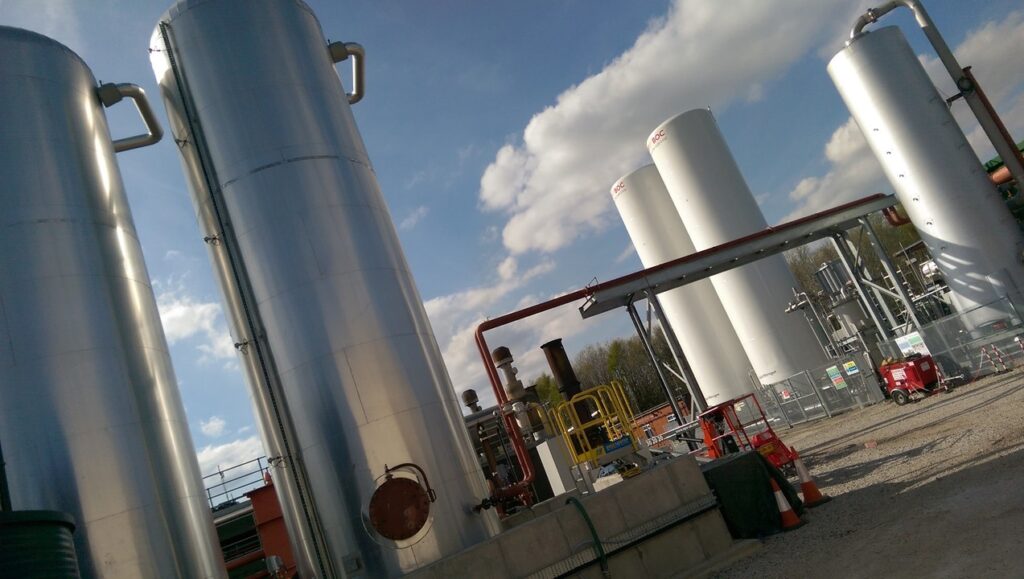
Water is a fundamental resource in large-scale manufacturing, serving critical roles in production, cooling, cleaning, and various industrial processes. Efficient water storage solutions ensure a steady and reliable supply while optimizing cost-effectiveness and sustainability. As industries grow, so does the demand for robust storage systems that can handle high volumes while maintaining water quality and safety standards. This article explores essential water storage solutions tailored for large-scale manufacturing units.
Key Considerations for Water Storage
When selecting an appropriate water storage solution, manufacturing units must evaluate factors such as capacity requirements, durability, maintenance needs, and compliance with industry regulations. Additionally, businesses must consider space constraints, environmental impact, and the specific type of water usage in their operations.
Types of Water Storage Solutions for Large-Scale Manufacturing
Stainless Steel Tanks
Stainless steel tanks are widely preferred in industries requiring high water purity, such as pharmaceutical and food manufacturing. These tanks offer excellent corrosion resistance, durability, and ease of cleaning, making them ideal for long-term storage. Their ability to withstand extreme temperatures and chemical exposure ensures water quality remains intact.
Concrete Reservoirs
For manufacturing units that require bulk water storage, concrete reservoirs are a reliable solution. These large-capacity tanks can be installed underground or above ground, providing protection against external contaminants. They are particularly useful for facilities needing massive water reserves for uninterrupted operations.
Fiberglass-Reinforced Plastic (FRP) Tanks
FRP tanks are a cost-effective alternative, offering strength and resistance to corrosion. Their lightweight design simplifies installation, making them suitable for various industrial applications. Additionally, FRP tanks can be customized to meet specific manufacturing needs, ensuring compatibility with different water treatment processes.
High-Density Polyethylene (HDPE) Tanks
HDPE tanks are an excellent choice for industries focused on environmental sustainability. These tanks are resistant to chemicals and UV degradation, making them durable and long-lasting. Their non-reactive material prevents contamination, ensuring water remains safe for use in industrial processes.
Modular Water Storage Systems
For manufacturing units with fluctuating water demands, modular storage systems provide flexibility. These customizable tanks allow businesses to expand or downsize their storage capacity based on operational needs. Modular systems are often made of metal or reinforced polymer materials, ensuring longevity and adaptability.
Importance of Sustainable Water Storage
With growing environmental concerns and stringent regulations, industries must adopt water storage solutions that align with sustainability goals. Implementing rainwater harvesting systems, recycling wastewater, and investing in energy-efficient water storage technologies can significantly reduce operational costs and environmental impact.
Conclusion
Choosing the right water storage solution is essential for large-scale manufacturing units to maintain efficiency, reduce costs, and comply with industry regulations. Whether opting for stainless steel tanks, concrete reservoirs, or modular systems, businesses must prioritize durability, water quality, and sustainability. Investing in robust storage solutions ensures uninterrupted production while promoting responsible water management practices.


